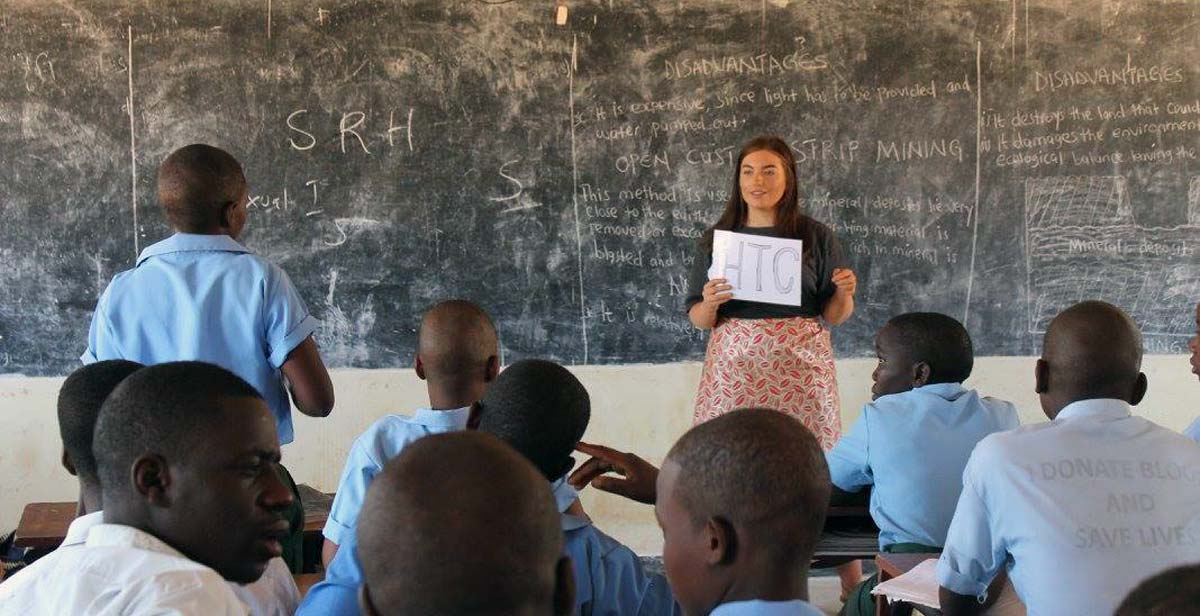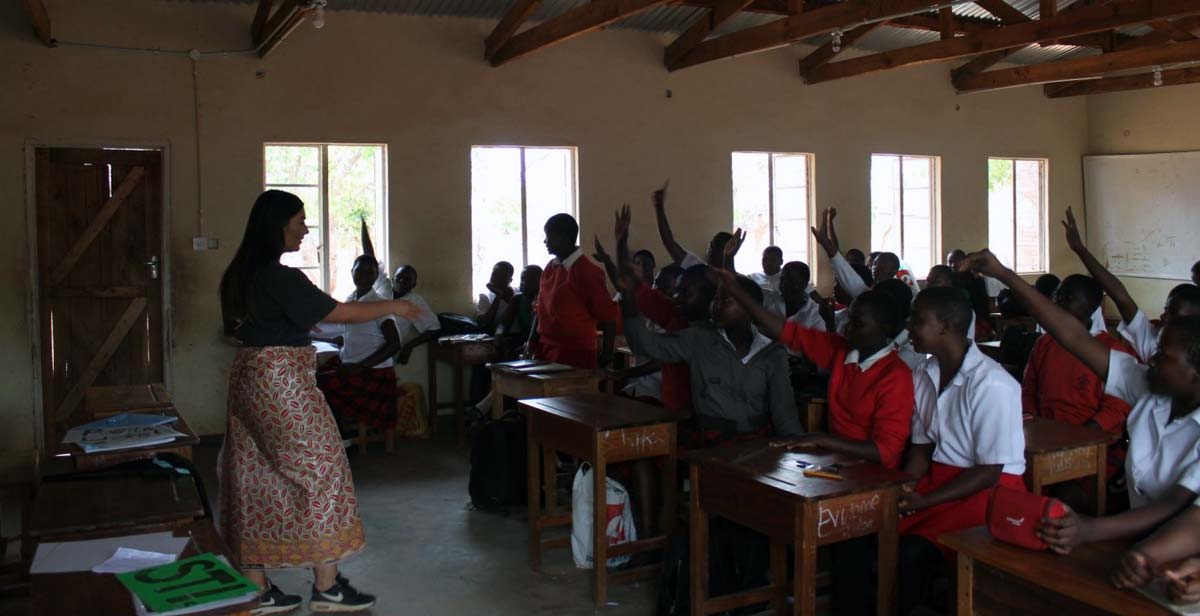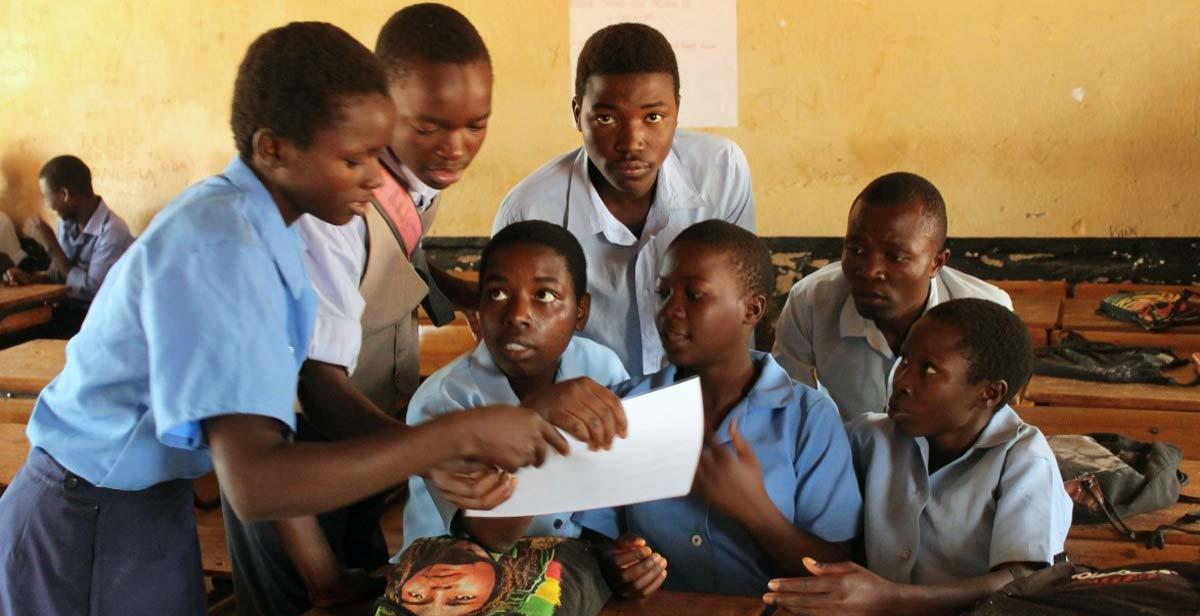I was born and raised in the City of Salford, which is situated in Greater Manchester so, as you can probably imagine, I have quite a strong Manchester accent. I knew that this was likely to be an issue when coming to Malawi, especially as I have met people from other parts of England that have struggled to understand my northern accent. However, my accent turned out to pose more problems for me than I had initially considered.
In Salford and Manchester, slang and missed out words are just a part of our everyday dialect. Here, “would you like a cup of tea or coffee?” becomes “doyouwhattabrew?”. If something is great, it’s “mint” and, contrary to this, if something is to our distaste, it’s “minging”. I recognise that my Manchester dialect probably breaks every grammar rule in the English language and I would never dare to use it when writing a piece of academic work or in a job interview. Therefore, I knew that I would be putting a barrier up for myself if I continued to speak in my Manchester dialect as I knew that no one in Malawi would be able to understand me. Whilst it initially proved difficult for me to speak more clear and concise when conversing with my host family and national volunteers, it soon began to come more naturally.
 Tara teaching about HIV and AIDS
Tara teaching about HIV and AIDS
The toughest obstacle that I have faced due to my accent was presented to me when I finally got to go out in the field and do exactly what it was that I had come here to do - teach 10-25 year olds about HIV and AIDS. They simply could not understand my accent, despite me thinking that I was speaking as clearly as possible. For me, trying to combat this challenge that I was faced with was not only difficult but was disheartening too. In our teaching sessions, a national volunteer will usually begin with an introduction in English. Despite the official national language of Malawi being Chichewa, the children here are all taught in English. After the introduction, a national volunteer will usually go first to deliver their session. More often than not, they are greeted with many hands in the air from students that all wish to interact with the learning session. This level of enthusiasm and interaction always gets me excited to take my turn in delivering my session. However, I am usually welcomed with blank stares, no interaction and fits of giggles amongst certain classmates, as they struggle to understand my accent. This was initially discouraging and slightly infuriating. It left me wondering why I had bothered to fly here from the UK to be met with blank stares from the fluent English speaking students.
Despite this pushback, I did my best to remain positive and I took lots of tips from the national volunteers. Their advice to me was always the same - speak slower and more clearly. Initially, I was following this advice but seeing no change in the levels of interaction of my students. The national volunteers just told me to speak even slower. I did not want to speak to the students too slowly as I did not wish to appear patronising, as speaking to somebody at super slow speed in the UK can be interpreted as rudeness. However, I have come to realise that the students do not recognise me speaking to them with at super slow speed as patronising. It helps them to understand what I am teaching them. In addition to this, I have noticed that the slower I speak, the more responsive my students are becoming and whilst I definitely would not be comfortable doing this in the UK, it has proven to be the most effective way of engaging the attention of a class whose native language is not English.
 Tara eliciting answers from students at Edinburgh All-Girls School
Tara eliciting answers from students at Edinburgh All-Girls School
I have been here in Malawi for over a month now and over time, the barrier that my accent initially put up has gradually been broken down. It has become easier to speak without the Manchester dialect that I am so used to and I have learnt to speak at a pace that allows my students to understand me. The newly responsive students have left me with a greater sense of faith and satisfaction of my work with Progressio and I am incredibly happy on my placement. Whilst it is easy to find myself slipping back into old habits as I become more comfortable with my host family and the national volunteers, I am always quick to correct myself.
Written by ICS volunteer Tara Cannon



